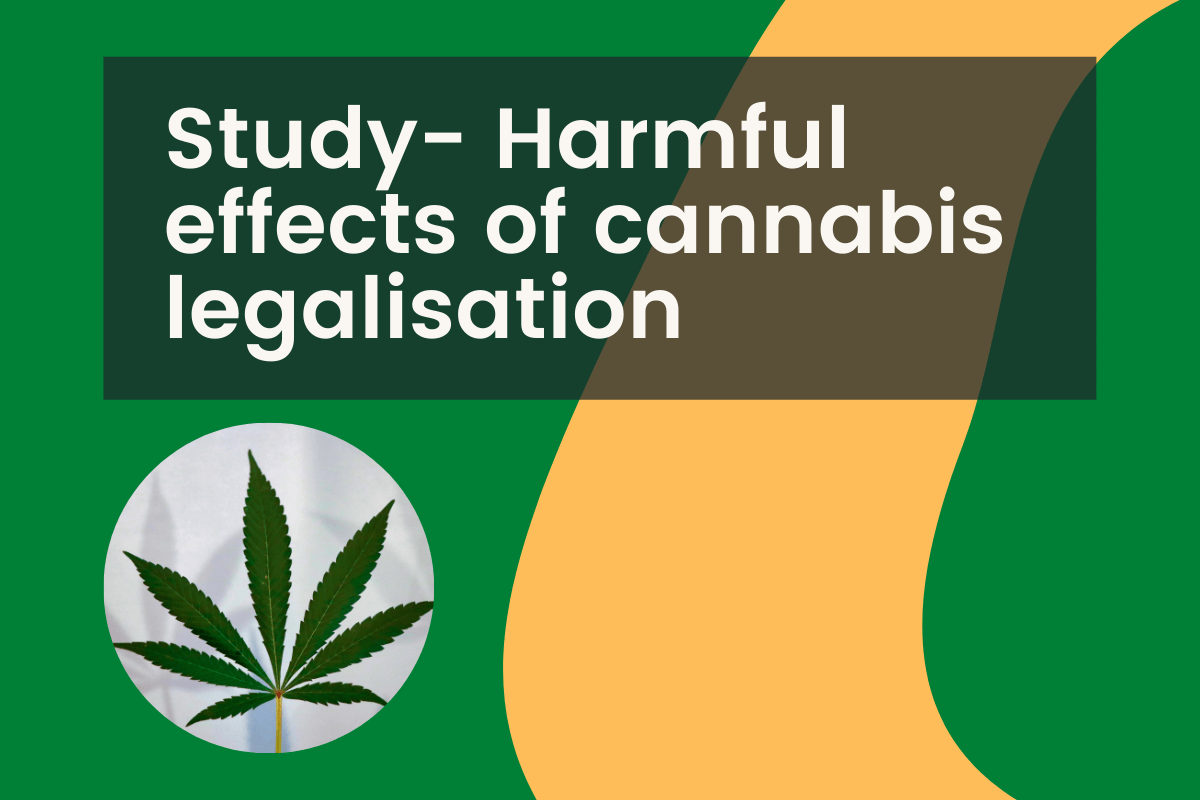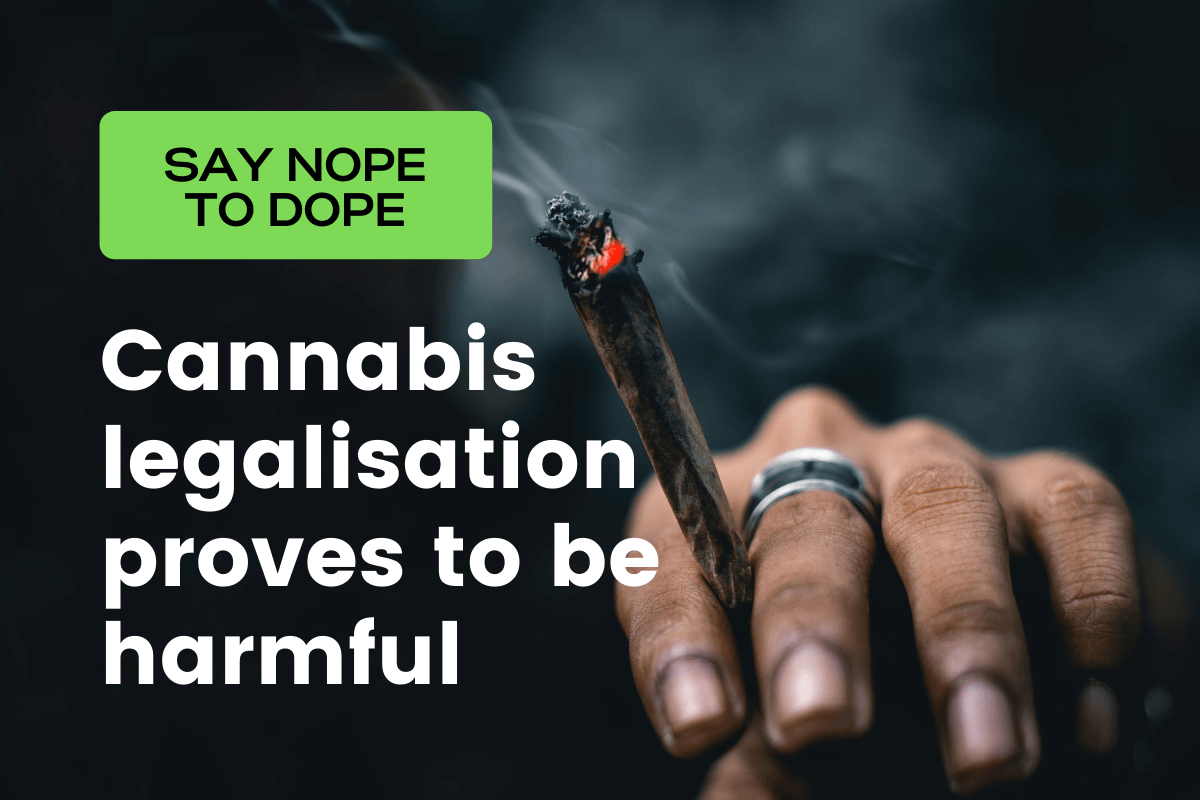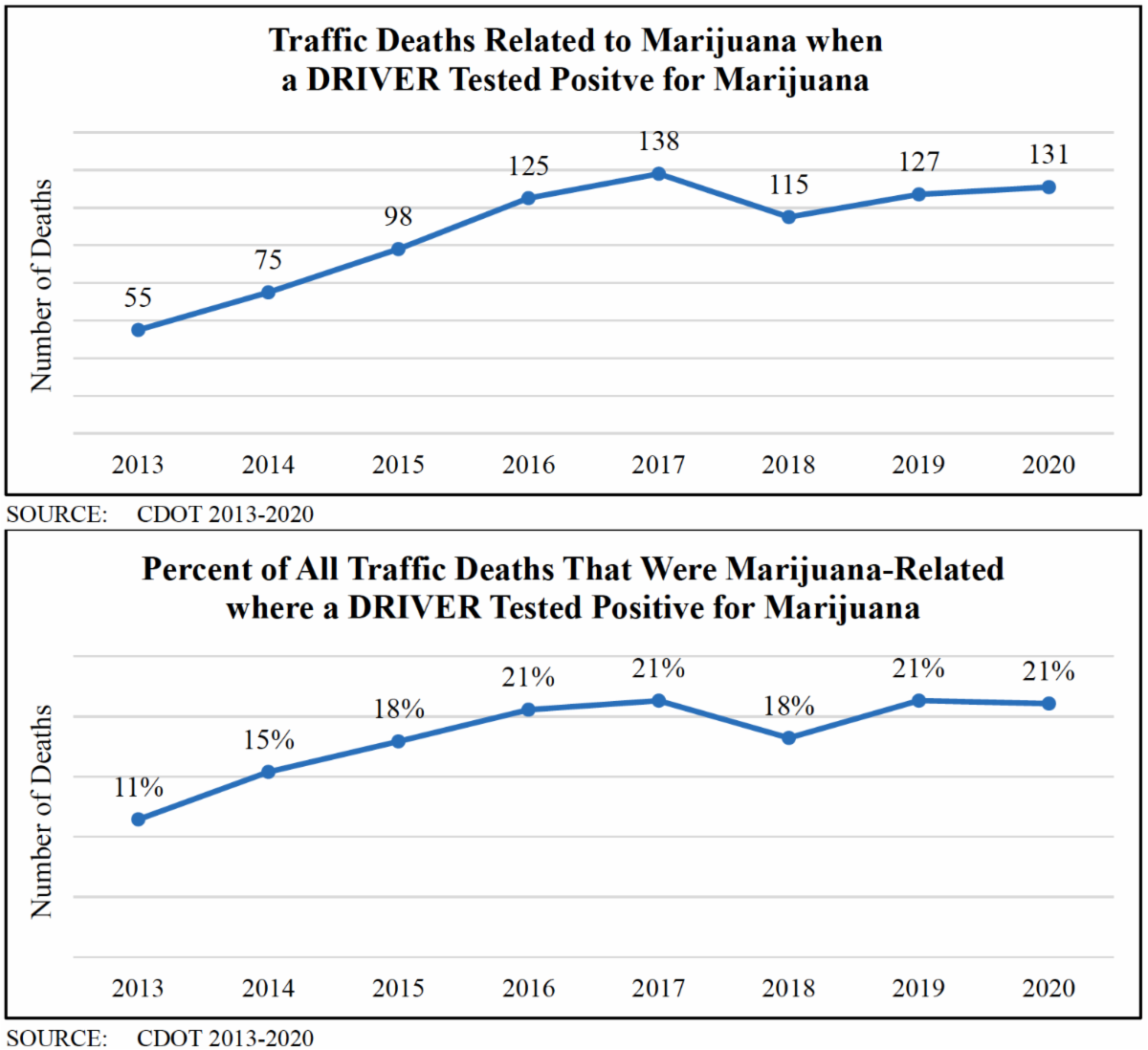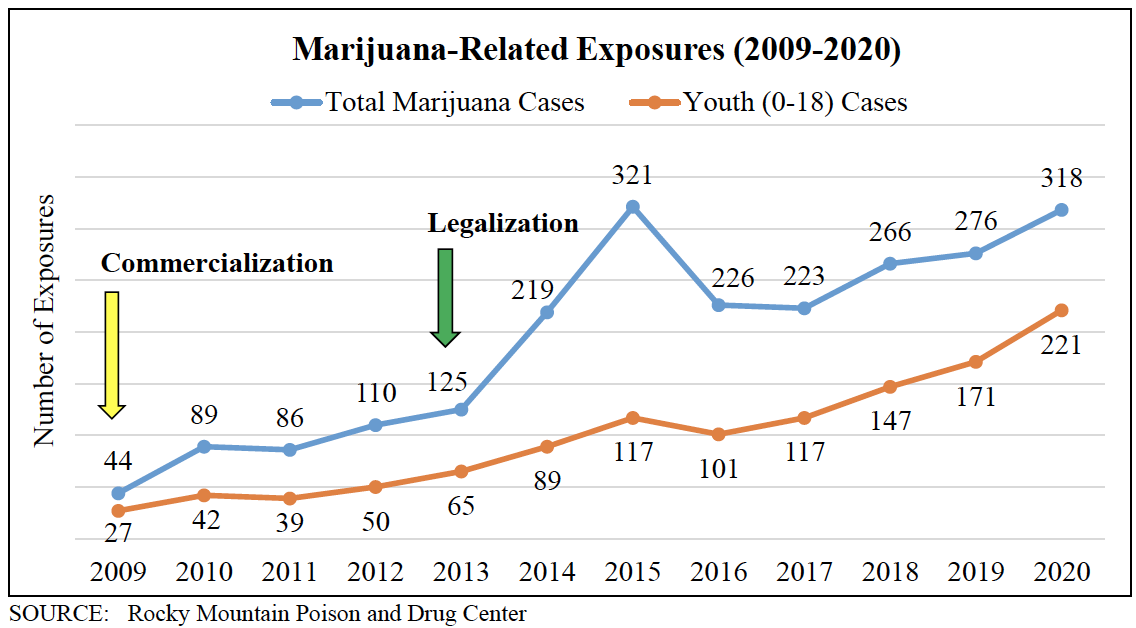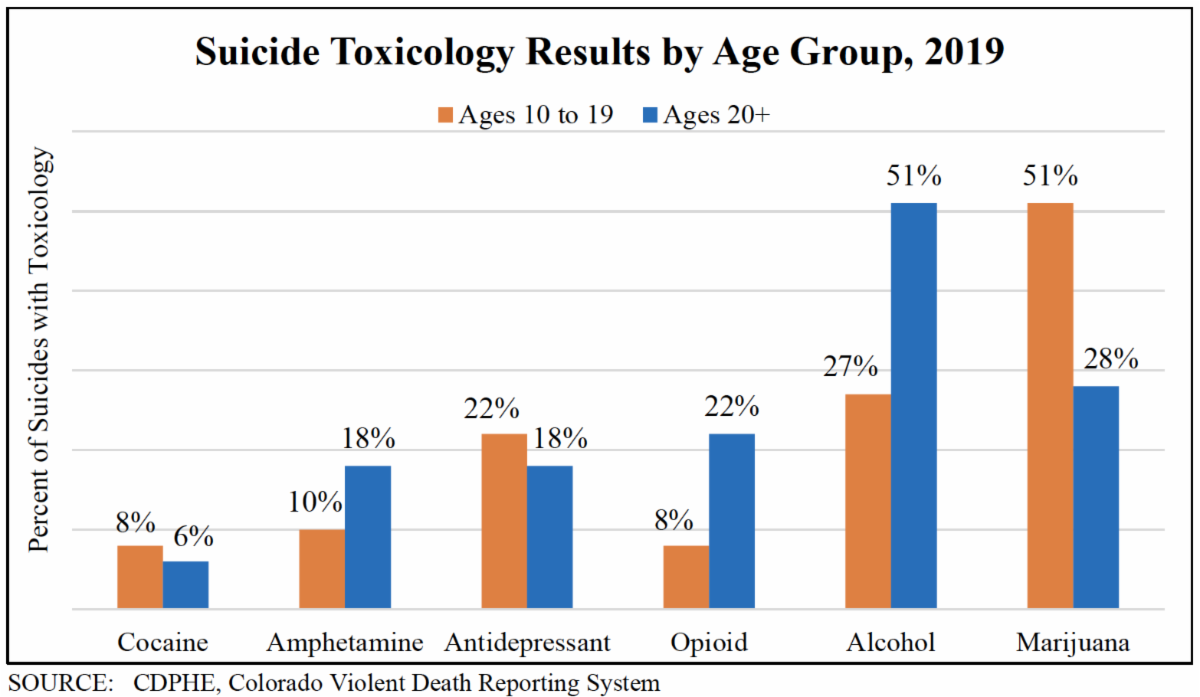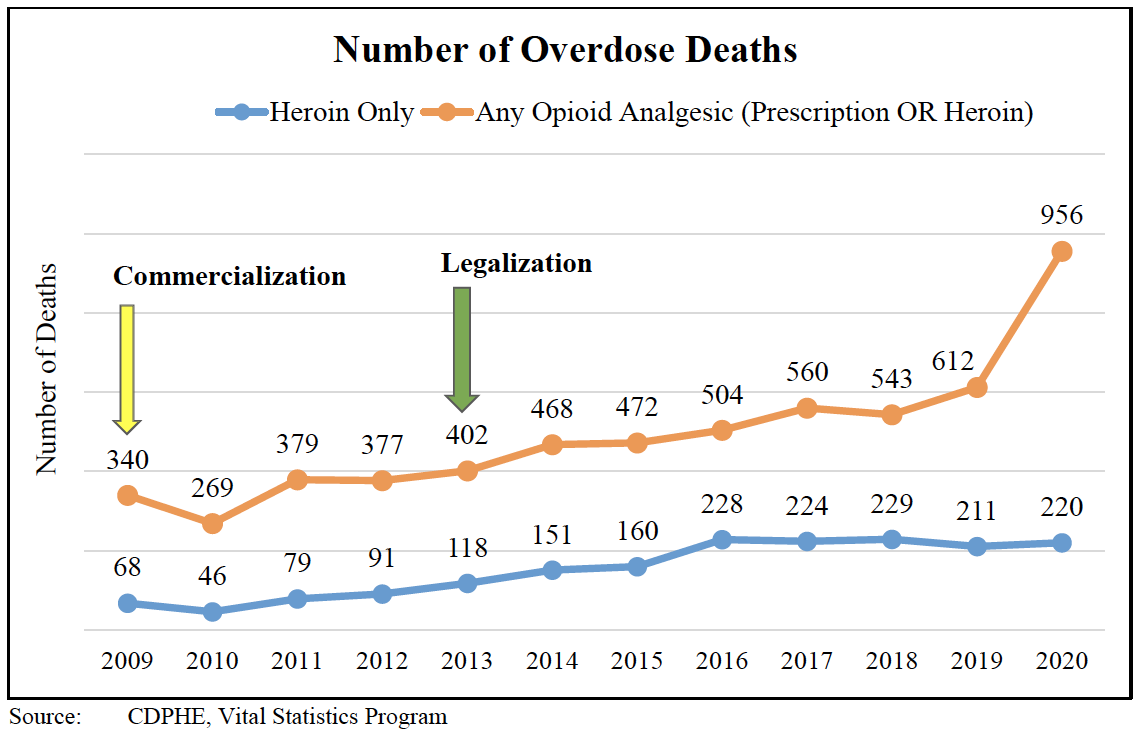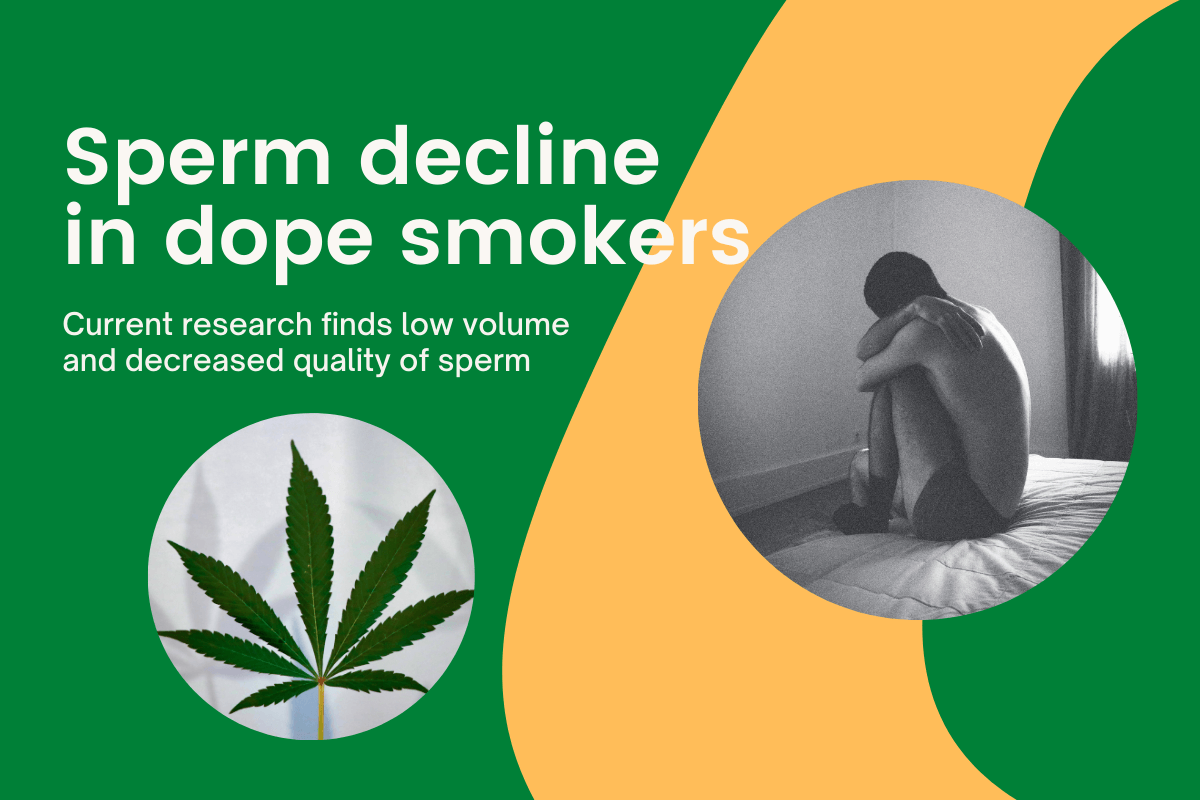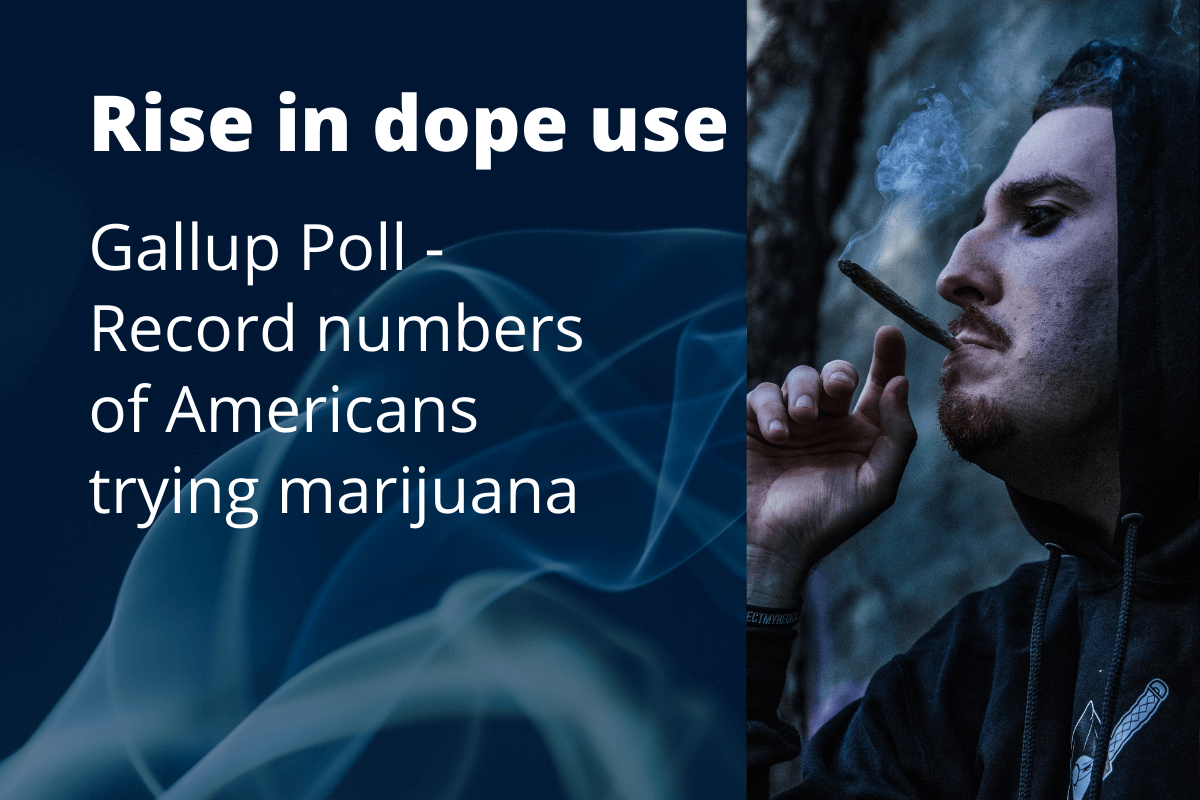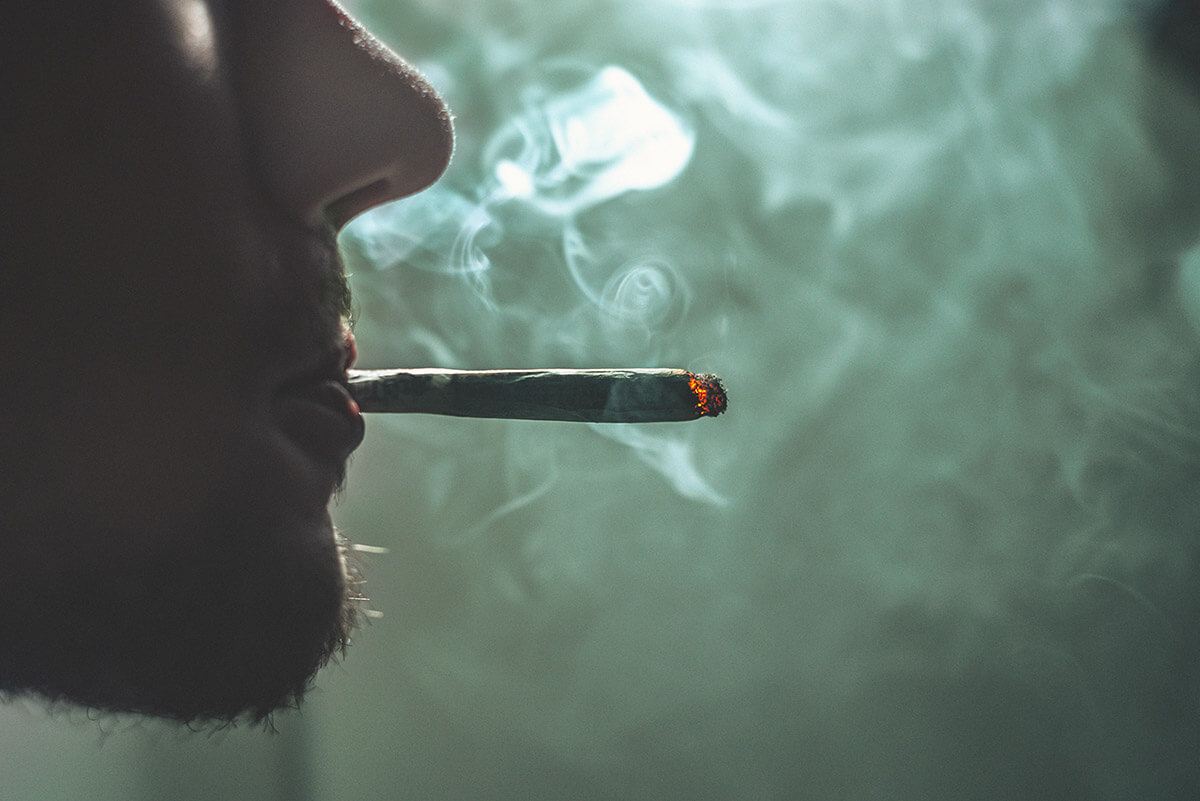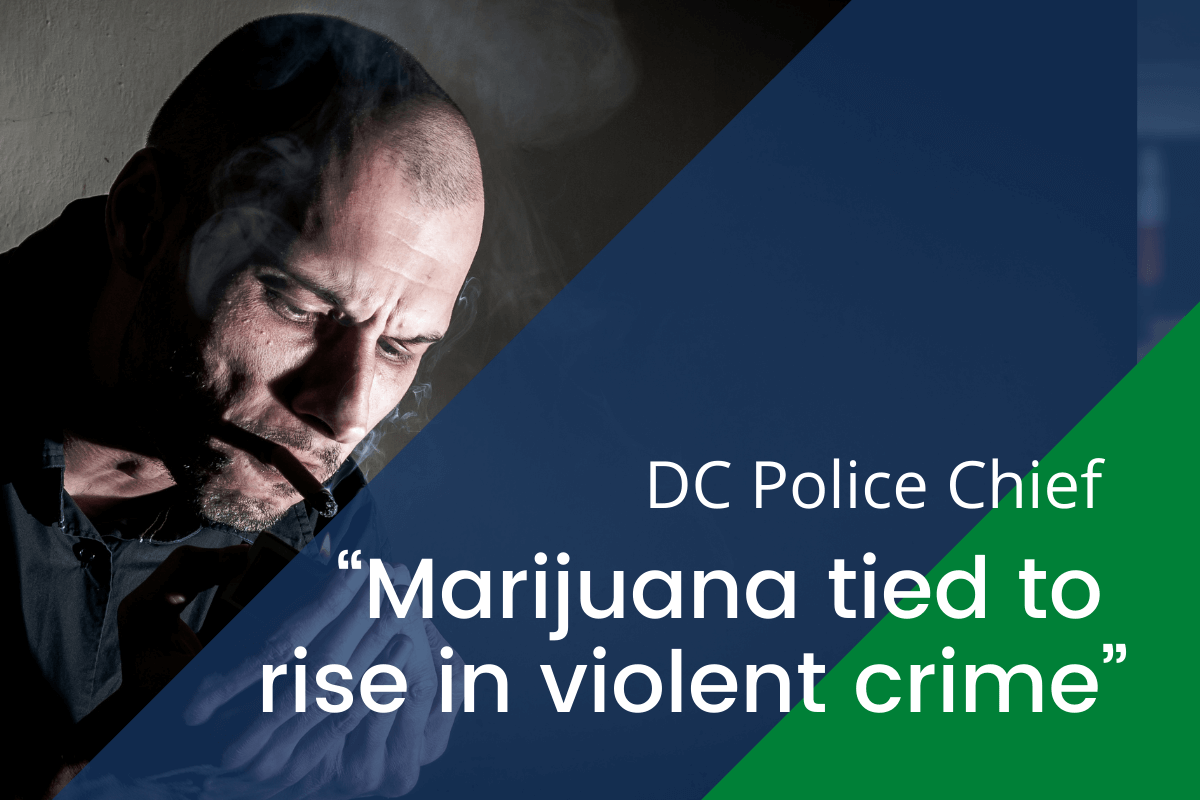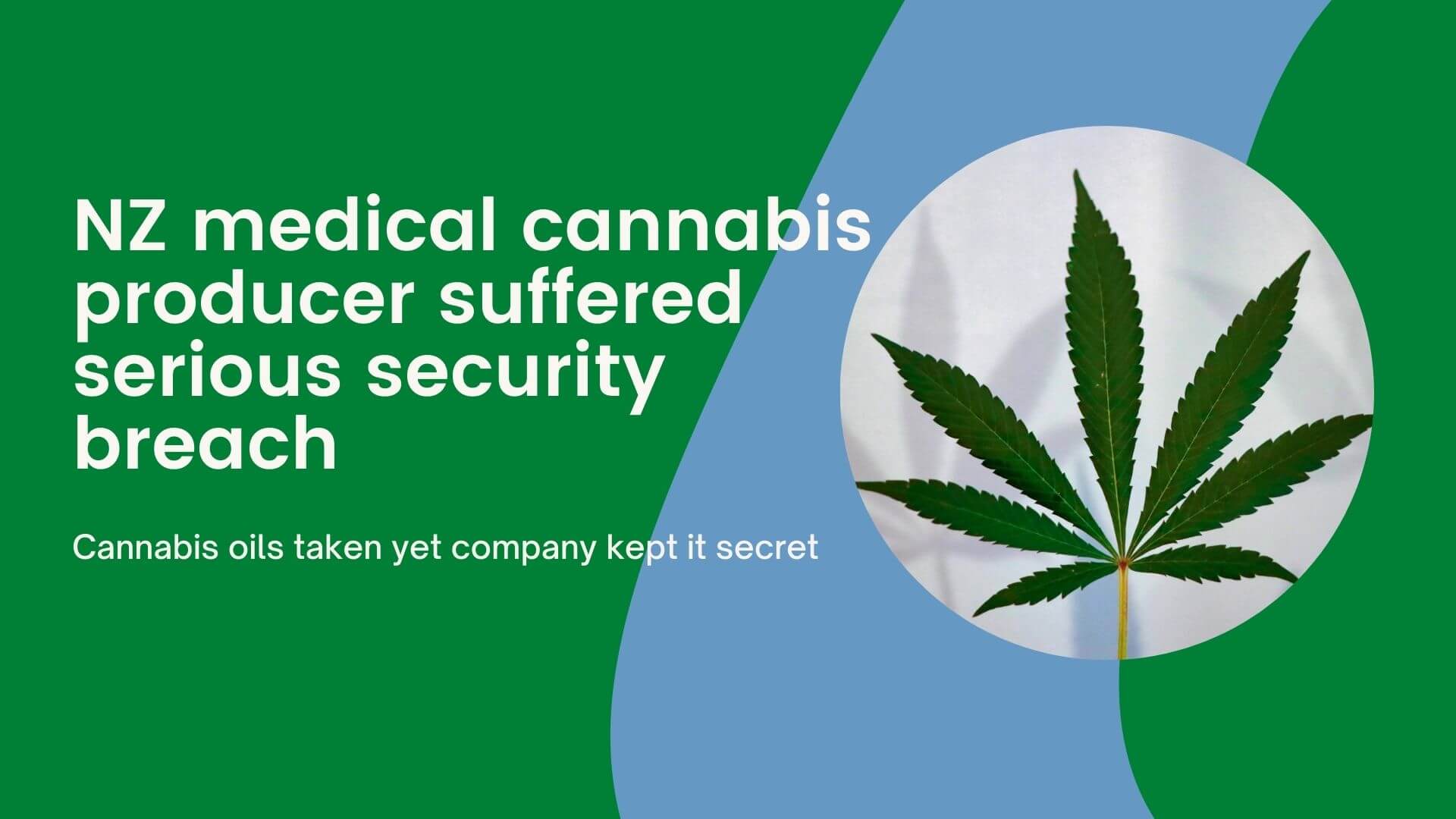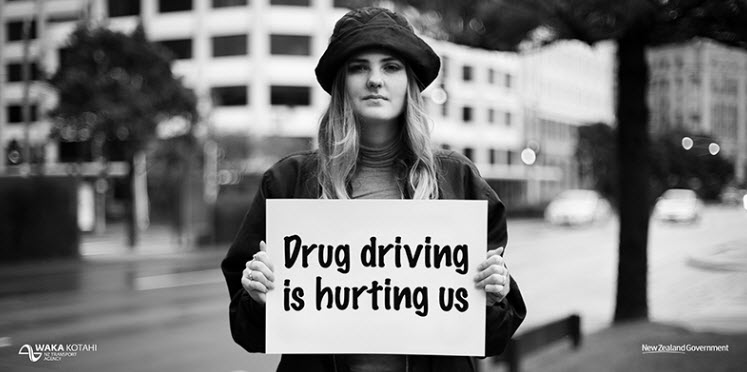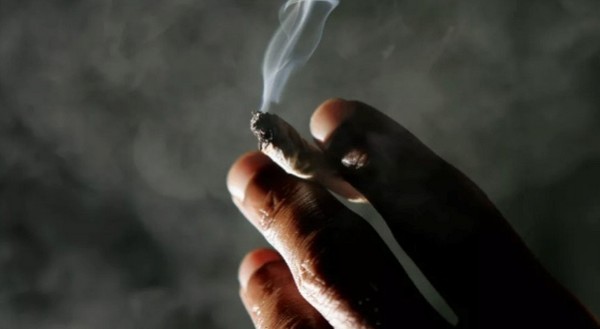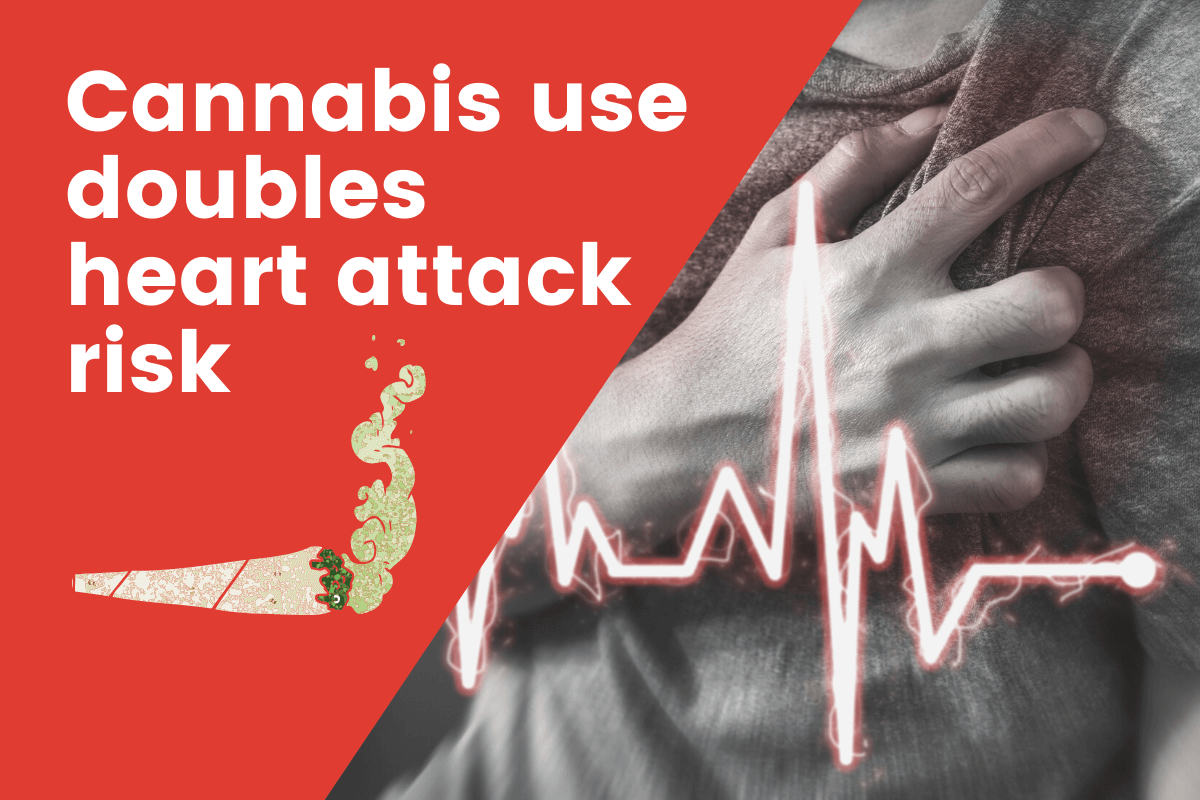
Not only is cannabis well-known for causing lung disease, recent studies also link cannabis to increased risk of heart attacks – possibly doubling the risk of heart attacks for adults under 45 years old. Research also found that no method of cannabis consumption is safer than others, with the associated risks being consistent whether consumption is by smoking, vaporisation, or edibles.
The study, which was published in the Canadian Medical Association Journal, looked at US CDC results from more than 33,000 adults aged between 18 and 44 years-old. It found that adults in this age range could be doubling their risk of suffering a heart attack if they use cannabis.
These findings build on previous studies that link cannabis use to increased heart attack risk. The new report finds 18 and 44 year-old adults who used marijuana within the last 30 days doubled their chances of myocardial infarction. The risk is even greater for heavy users.
”With recent legalization and decriminalization, cannabis use is increasing in young adults in North America, and we do not fully know its effects on cardiovascular health… We found an association between recent cannabis use and myocardial infarction, which persisted across an array of robust sensitivity analyses. Additionally, this association was consistent across different forms of cannabis consumption, including smoking, vaporization, and other methods such as edibles. This suggests that no method of consumption is safer than another in this regard.”
Dr. Karim Ladha, Clinician Scientist at Unity Health Toronto
The full research findings can be found here.

